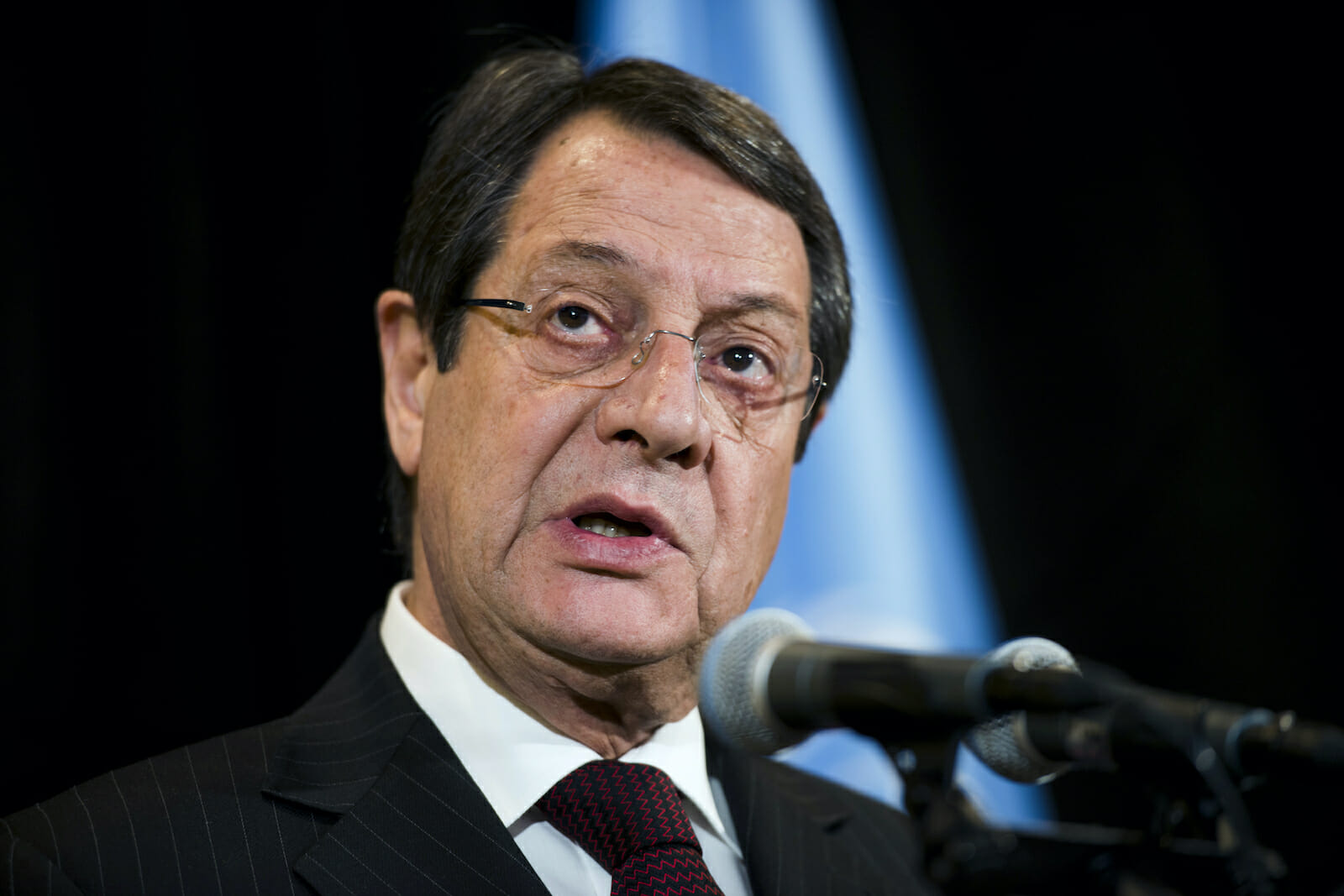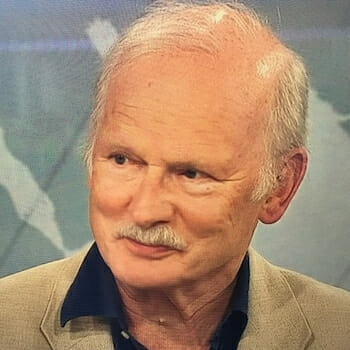
Cyprus: Cutting the Gordian Knot
Turkey’s aggression in the Eastern Mediterranean is not only a threat to regional stability but, as a member pointed out in a recent debate in the European Parliament, also a test of the credibility of the European Union.
The fact that Turkey is not a signatory to UNCLOS (UN Convention on the Law of the Sea) rules out a solution to the dispute on maritime borders by an appeal to the Court of Arbitration. Instead, Turkey relies on force, which has brought two NATO members, Greece and Turkey, to the brink of war. In the incident off the Greek island of Kastellorizo, it was only the intervention of Germany’s Angela Merkel that caused a Turkish task force to withdraw and averted a clash.
Global Security Review has an analysis showing how this small island off the coast of southern Turkey is a pawn that can play a role in the implementation of Turkey’s Blue Homeland strategy. Otherwise, it was no coincidence that the reinstatement of the Hagia Sophia as a mosque took place on July 24, the anniversary of the signing of the Lausanne Treaty in 1923, which defined the borders of Turkey.
President Erdogan has made no secret of his intention to revoke this treaty, for example, on his state visit to Greece in 2017. Instead, Erdogan has made frequent references to the Misak-ı Millî (National Pact), agreed on by the Ottoman parliament in 1920, which established the borders of post-war Turkey to include Cyprus, the Aegean islands, Western Thrace, Aleppo, Mosul, and Kirkuk. In fact, the National Pact is the template for Turkey’s irredentist ambitions.
What was actually negotiated in the Lausanne Treaty, which is considered a betrayal in ultra-nationalist circles, included the renunciation of a number of islands in the Aegean and the Dodecanese and the recognition of the British annexation of Cyprus.
In the 1950s, a demand by the Greek Cypriot majority for self-determination and enosis (union with Greece) was countered by the Turkish Cypriot demand for taksim (partition), backed by Turkey. In a ruse, the British invited both Greece and Turkey to a conference in London, as Defence Secretary Selwyn Lloyd explained, “to bring the Greeks up against the Turkish refusal to accept enosis and so condition them to accept a solution, which would leave sovereignty in our hands.”
However, under American pressure, a deal was brokered between Greece and Turkey which resulted in a power-sharing constitution and independence in 1960. As a result, as Christopher Hitchens put it, “both sides circled around each other like scorpions in a bottle” until fighting broke out in December 1963. The following March UNFICYP (UN Peacekeeping Force in Cyprus) separated the two sides and its mandate has since been renewed twice yearly by the UN Security Council.
Intercommunal talks began in 1968 but these were interrupted by a coup in July 1974, where Greek Cypriot extremists backed by the military junta in Athens intended to declare enosis. According to the Treaty of Guarantee from 1960, Greece, Turkey, and the UK undertook to prohibit the union of Cyprus with any other state and partition. In the event of a breach of the treaty, the three guaranteeing powers reserved the right to take action with the sole aim of re-establishing the state of affairs created by the treaty.
As the UK refused to take action, Turkey intervened but maintained control of northern Cyprus. Turkish journalist Mehmet Ali Birand in 30 Hot Days relates that Turkey at the Geneva conference in August offered a federal solution. However, this was rejected by the Greek Cypriot president, Archbishop Makarios, who was in exile in London. This later led to the declaration of the Turkish Republic of Northern Cyprus in 1983, which is only recognized by Turkey.
In 1975, a new series of talks between the two communities began under the auspices of the UN Secretary-General, which was characterized by the present UNSG, António Guterres, as “a horizon of endless process without result,” when the last round of talks in Crans-Montana collapsed in 2017.
However, in 2001 the architect of Turkey’s neo-Ottoman foreign policy, Professor Ahmet Davutoğlu, who later became foreign minister and prime minister, made clear in his key work, Strategic Depth: “Even if there was not one single Muslim Turk over there, Turkey would have to maintain a Cyprus question. No country could possibly be indifferent to an island like this, placed in the heart of its vital space.”
President Erdogan has called for a fair and permanent solution to the Cyprus question, including the knotty question of political equality for Turkish Cypriots as well as a share of the island’s natural resources. His foreign minister, Mevlüt Çavuşoğlu, has complained of maximalist and unilateral claims by Greece and Greek Cypriots.
Greek Cypriot President Nicos Anastasiades has called for EU and U.S. intervention, but whichever way you cut it, the onus lies on both the Greek Cypriot and Turkish Cypriot communities to find a solution.
